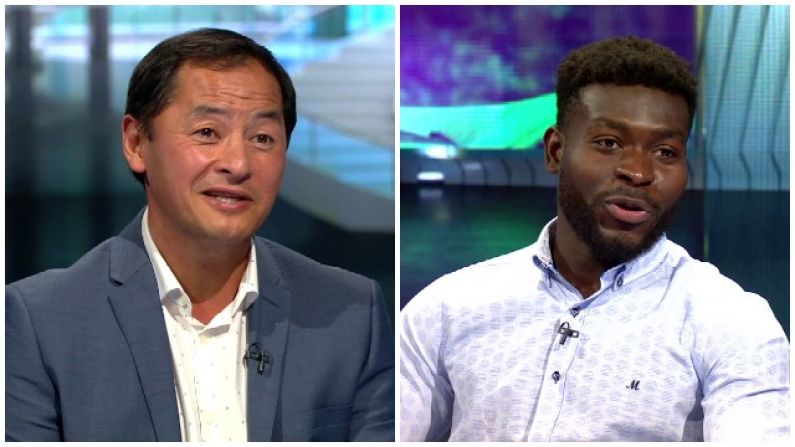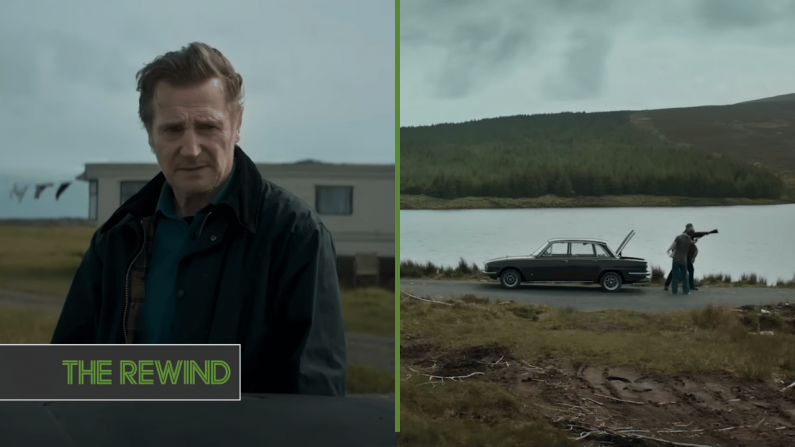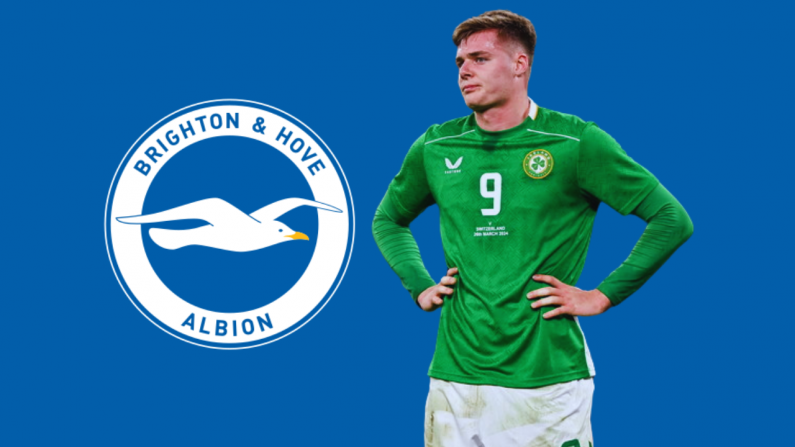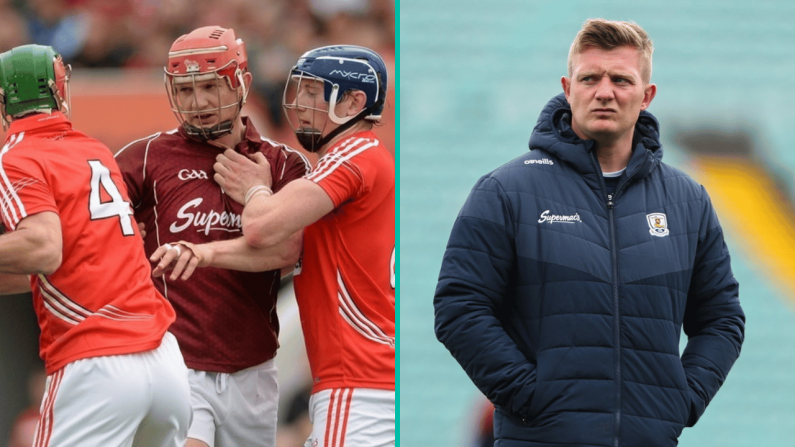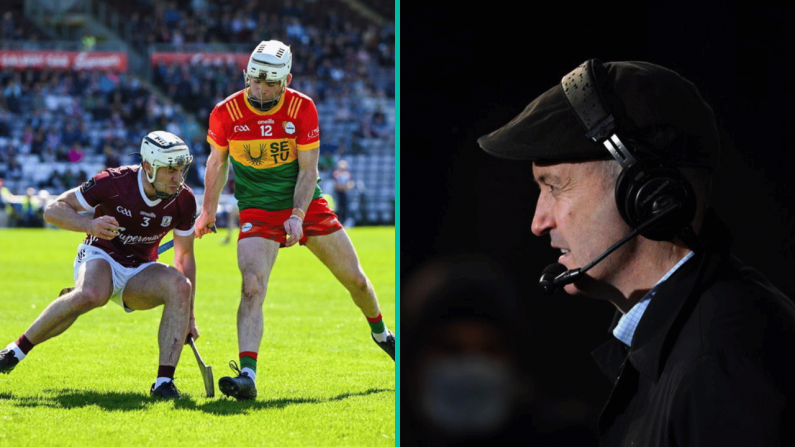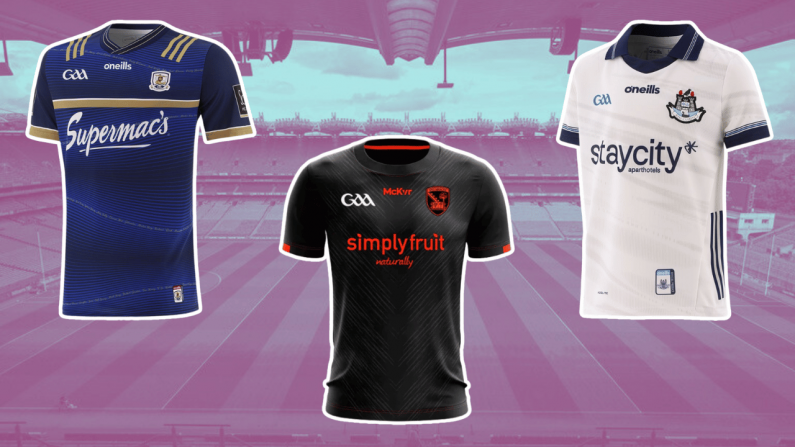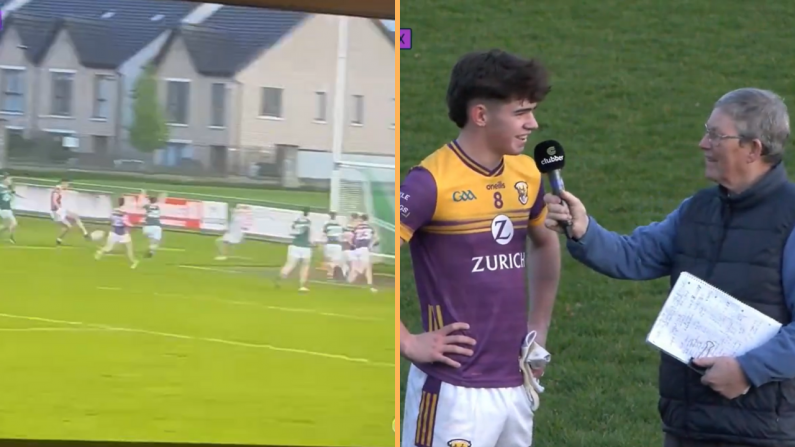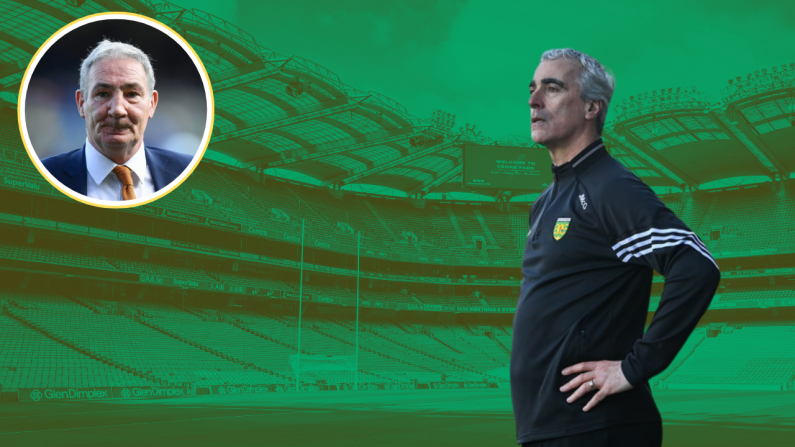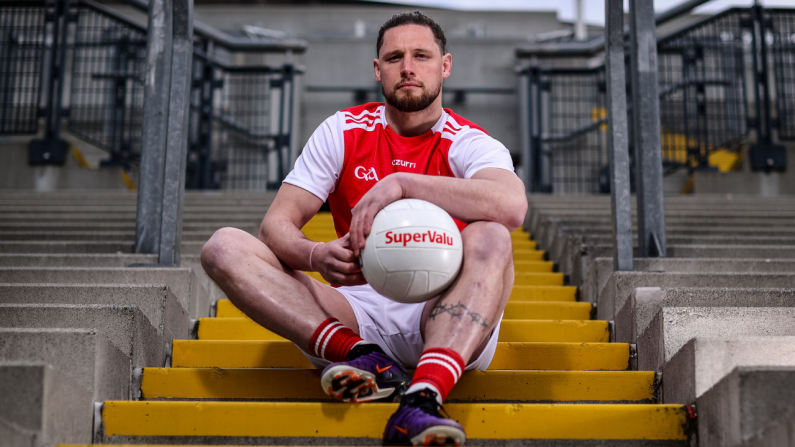Jason Sherlock can recall every time he received racist abuse as a GAA player.
The 1995 Dublin All-Ireland winner, a coach with the Dubs under Jim Gavin, is of Chinese heritage.
Sherlock along with Westmeath footballer Boidu Sayeh appeared on RTÉ's The Sunday Game to discuss their experience of racism within the GAA.
"I remember every situation I had where I was slagged - be it by a player, a crowd, a manager - and that doesn't leave," said Sherlock.
"You still remember and you still harness all the self-doubt, all the anger, all the frustration, all the emotion that goes with a situation like that.
"Us talking about things like this, if that can assist one young boy or girl in the GAA community and makes things a bit better for them, I think it's worth exploring and it's worth having a conversation.
"It varied at times. I reacted and responded to things differently the older I got. Part of this conversation about racism is understanding.
"It's understanding by both parties; understanding that if you are on the receiving end of racism but also understanding if you are potentially curious, vindictive or you ask questions of people because of the colour of their skin.
"It's imperative that we provide what impact that can have. It doesn't leave you. If we can understand the impact it can make, maybe it can change the behaviours of certain people."
‘That’s why I have a strong view on educating kids’ - @westmeath_gaa defender @boidusayeh on how abuse from other children ultimately led to change. Watch full interview on @TheSundayGame tomorrow night on @RTE2 from 9.30pm pic.twitter.com/Kg10MAcMxG
— RTÉ Sport (@RTEsport) June 13, 2020
Sayeh was born in Liberia and moved to Ireland when he was eight. (You can read more on his story here.)
"When I was younger, I experienced stuff, the self-doubt, getting comments and taking it in," he said.
"For me, I'm pretty much Irish so I've always just left everything, really didn't talk about it or didn't express it too much. I just let it slide really. It was only when I got older and remembered all these comments and thought, 'Wow. How did I take that?'
"At the time, it was something new to me. It felt normal, that I'm being slagged but it didn't seem like it was an issue until I got older and you're hearing other stories and you're like, 'It is an issue'.
"I got comments from kids when I was about eight or nine. It upset me a lot. It was 'Go back to where you came from. You don't belong here'. It upset me in a different way. I don't know what it was. That's primary school. Kids are going to say things.
"The parents of those kids talked to them and told them it was wrong. That's why I would have a strong view on educating kids because they will say what they hear at home."
Sherlock believes the GAA can play a major part in educating people about racism.
"When the colour of your skin singles you out, you look for that acceptance," he said.
"For a lot of people it's through sport and it was very much the case for me because I wanted to fit in. In a lot of ways, I denied my heritage.
"From the GAA's point of view, we have a big community that can make an impact into boys and girls, no matter how good they are at hurling and football. That's the challenge I'd love the GAA to explore.
"We look to society to give us guidance, give us leadership and we do the same with the GAA.
"I like to bring it back to each individual, to look at themselves, to see what impact that they can have and can they challenge themselves in terms of their own bias, whether that's conscious or unconscious.
"This is not about knocking the GAA.
"What we're here to do is look at what we can do. Can we look at what we do in our summer camps with kids? Can we look at how inclusive our clubs are for people that wouldn't traditionally go into GAA clubs?
"I know there are referees who are still not sure what's right and wrong. I was empowered when I saw the likes of Aaron Cunningham and Lee Chin, they knew what was right and wrong in terms what was said and what wasn't said.
"We all have a responsibility, not just the referee. People attending games - we know GAA is passionate and we don't want to take that out - but at the same time, are there comments made at matches that shouldn't be made? Do we do anything about that?
"We have great games, it's important that we continue to have a diverse and inclusive GAA community."

